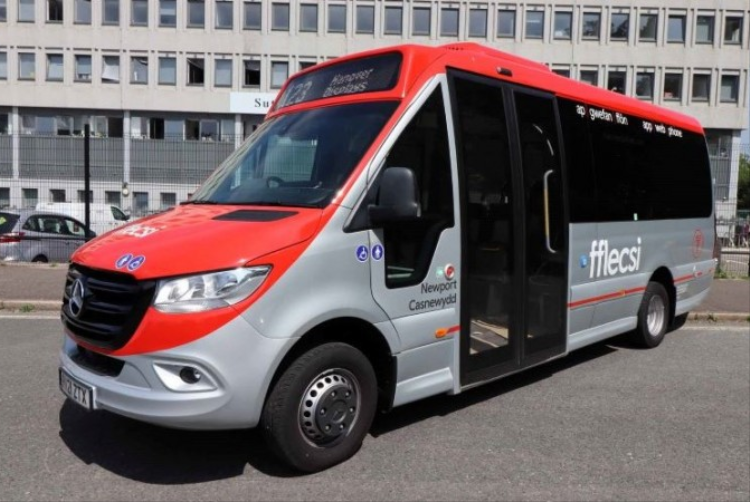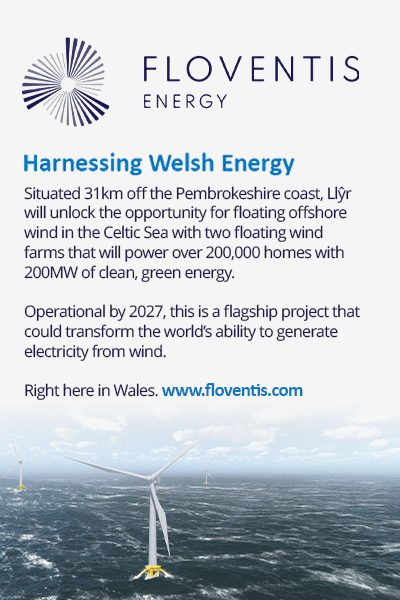
A key part of the sustainable tourism solution is of course transportation and working in partnership with local authorities and local transport providers. A Transport for Wales’ fflecsi bus service could be one solution to ensure all our visitors get from a to b in the most sustainable way possible.
Business News Wales spoke with Naomi Colling, Senior Project Manager and Jane Purdie, Communications Business Partner at Transport for Wales to find out more about the service and what local authorities and businesses can do to develop sustainable transport links in their region.
The fflecsi service operates in 11 locations across Wales and is just one of the many initiatives supported by Welsh Government in a bid to reduce carbon emissions.
Since committing to achieve net zero emissions by 2050, the Welsh Government has been working with organisations and businesses across the country to take action on climate change.
Welsh Government fflecsi pilots are being run in Blaenau Gwent, Pembrokeshire and the Conwy Valley, Rhondda Cynon Taff, Gwynedd, Denbighshire and Flintshire local authorities are also funding pilots in their areas.
Details of all fflecsi services can be found here www.fflecsi.wales
Lee Waters, Deputy Minister for Climate Change, with responsibility for Transport said:
“With cars and light-duty vehicles making up 71% of emissions from transport in Wales, the way we travel has a significant role to play in helping us reach net zero.*
“We need to make the right thing to do, the easy thing to do. While we invest in improving the infrastructure for people to travel without cars, we also need to make sure it’s easy for people to access public transport from where they live. Services like Fflecsi can help to remove barriers to accessing different transport options and reduce the need to use their cars.
“The 2020s must be the decade of action. Reducing emissions more in this decade than in any previous ten-year period will be a challenge and we may need to take difficult choices. If we are to reach our target of becoming net zero by 2050, we now need to work together and continue to make changes to the way we behave, consume and travel”.




